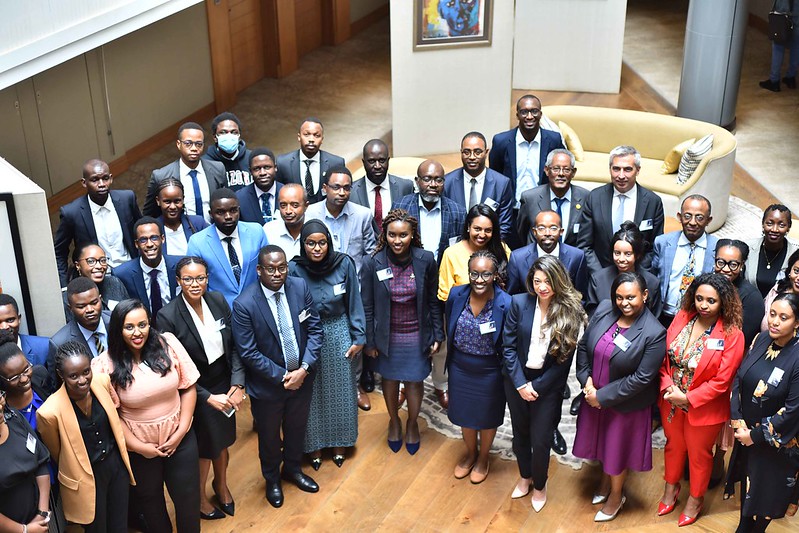The Procedure of Registration of Transfer of Technology Agreement
By Dagnachew Tesfaye, Partner at DMLF
The Ethiopian Investment Proclamation No 1180/2020 and the Investment Regulation No 474/2020 incorporate technology transfer agreement as part of an investment transaction. Technology transfer has been included in the investment objectives of the country in that the government shall strive to advance the transfer of knowledge, skills and technology required for the development of the country. We shall see what is included in the technology transfer agreement, the procedure involved in registration of such an agreement, the difference between technology transfer agreement and collaboration agreement and a brief summary shall follow.
What is a technology transfer agreement?
The definition of a technology transfer is given in the Investment Proclamation. The Proclamation defines transfer of technology as ‘’the transfer of systematic knowledge for the manufacture of a product, the application or improvement of a process or for rendering service, including management and technical know-how as well as marketing technologies, but may not extend to transactions involving mere sale or lease of goods.’’ Hence technology transfer agreement is a contractual agreement entered between a technology provider and technology recipient in which the technology provider agrees to transfer the technology as defined above.
What is the procedure involved in registering such an agreement?
Any investor concluding a technology transfer agreement in relation to his investment must have the agreement registered with Ethiopian Investment Commission(EIC). The reason is because a technology transfer agreement that is not registered shall have no legal recognition in Ethiopia. In order to register the technology transfer agreement in EIC, the following procedures must be adhered to. The technology provider needs to come up with commercial registration or business license or document ascertaining ownership of technology. If such documents originate outside of Ethiopia, the documents should be authenticated by foreign and domestic authorized bodies to authenticate documents. Then the technology recipient and the technology provider shall enter into an agreement in front of notary public namely the Federal Document Authentication and Registration Agency. The signed technology transfer agreement with the relevant documents and a signed application form shall be presented for registration with EIC. EIC shall render a decision to approve or reject within 30(thirty) working days having conducted the necessary review.
If EIC accepts the technology transfer agreement, then EIC shall register the agreement and issue a certificate of registration for the applicant. EIC will notify the relevant Federal Executive Organs and copy the National Bank of Ethiopia the registration of a technology transfer agreement. Where EIC rejects the application, EIC shall notify the decision in writing to the applicant.
Differences with Collaboration Agreement
Here, unlike Collaboration Agreement, which restricts the parties to the agreement as domestic investor on the one hand and foreign enterprise on the other, Transfer of Technology Agreement can be concluded among ‘any investor’. The requirement of fulfilling minimum investment capital if one of the parties to the Technology Transfer Agreement is a foreign enterprise is passed silently. In the case of Collaboration Agreement, the law clearly provides the existence of no requirement of injecting minimum capital for foreign enterprises when it comes to Collaboration Agreement. However the law is silent on contribution of capital when entering to Technology Transfer Agreement when one of the parties to the agreement is a foreign enterprise.
To sum up, the Investment Proclamation and the Investment Regulation provide the concept of technology transfer and provide in detail the procedures as to how technology transfer agreements are reviewed and registered. However the requirement of capital contribution is left unspecified in the case of foreign enterprise agrees with a domestic or foreign investor for technology transfer.
For any investment related inquires you may contact us at info@dmethiolawyers.com



